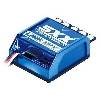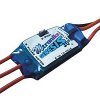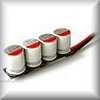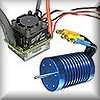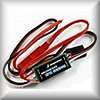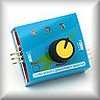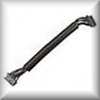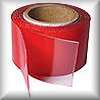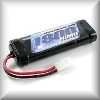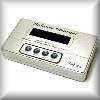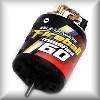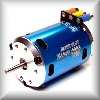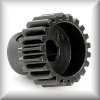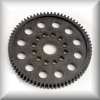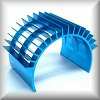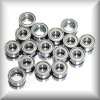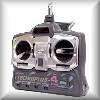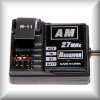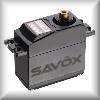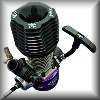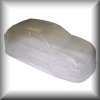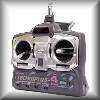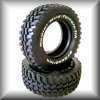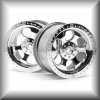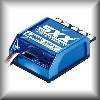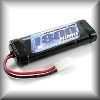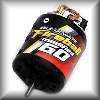Safe and Efficient Soldering
In the sport of Radio Controlled racing, there are a number of things you have to learn to get you up there with the best. One of the most difficult, for those with little practical skill, is the art of Soldering.
Why Solder?
For their 540 silver can motors, Tamiya provide two wires, typically green and yellow, soldered to the endbell, with two bullet connectors to plug into the speed controller. While this is fine for bashing around the back yard, as you advance to a higher level you will soon find just how inefficient this method is.
Motor wires are best soldered directly to the ESC. That way no energy is lost through high current draw. Some of the top drivers at one time even used to solder their batteries directly to the ESC, but these days with connectors such as "Deans" and "Power Pole" this isn't necessary - but I still wouldn't use any kind of connector for the motor.
Use the Right Solder
There are basically two kinds of solder. Plumbers solder which is made up of 60% Lead and 40% Tin, and Electrical solder, which is the opposite, 40% Lead with 60% Tin. NEVER use plumbers solder for your battery, ESC or motor joints. Lead melts at 327 degrees C, where as tin melts at 232 degrees C. The higher Lead content of plumbers means it melts at a higher temperature, which is not good for your battery cells. Also, Tin has almost half the electrical resistance of lead, so with the higher Tin content of electrical solder, electricity flows much easier to your motor.
Do NOT use Lead Free Solder
More recently, due to the European regulations for lead use, lead free solders are becoming more widely used - well, in Europe anyway. The problem with lead free is the melting temperature - it is much higher, making it difficult to produce reliable joints.
Be Careful
Lead, as we know, is a poison to the body if ingested or inhaled in certain quantities, so when using lead based solder, try not to inhale any of the fumes and always wash your hands after completing your work. One of my friends also wears cotton gloves, but I find these cumbersome.
For me, electrical lead / tin solder is far easier to use, and if used with care, has less potential to damage your batteries having a much lower melting temperature. If you prepare your own Battery Packs, check out my article "Soldering Battery Packs Safely".
|




